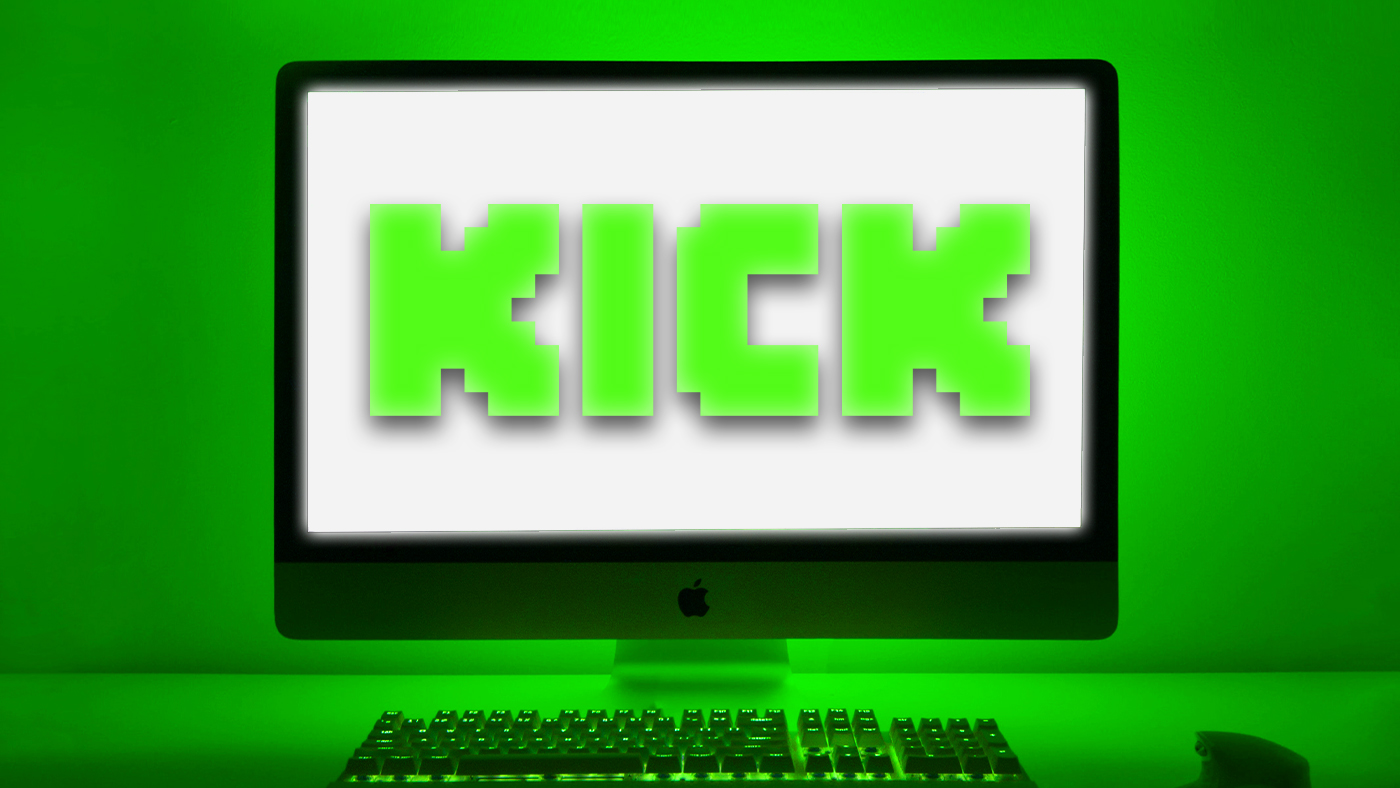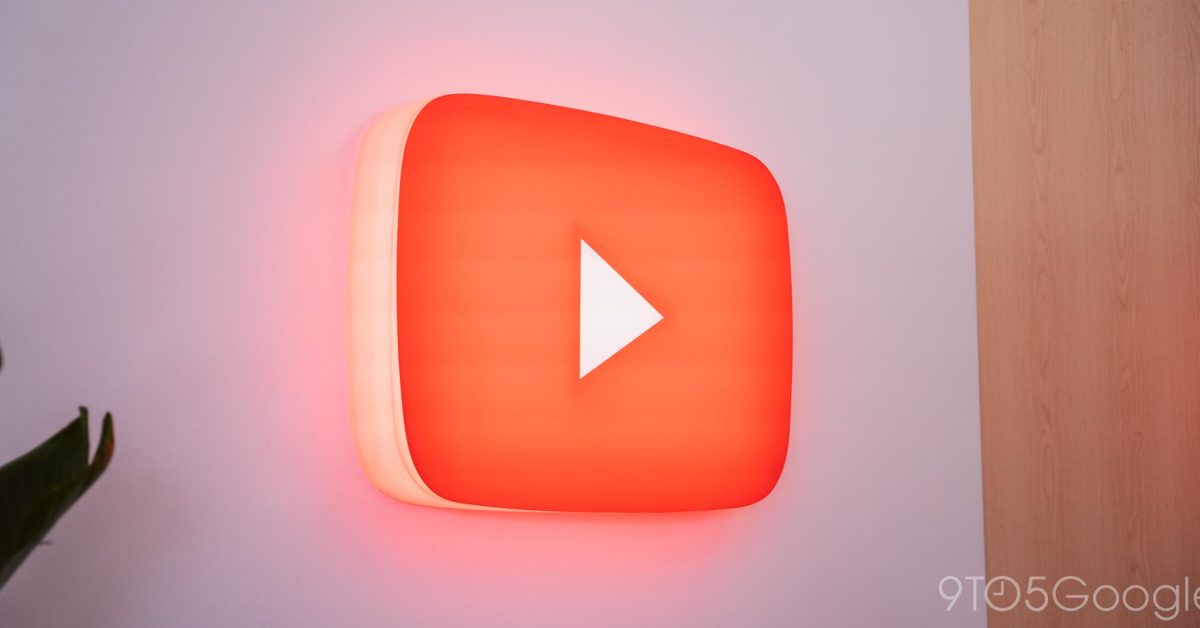In a nutshell
- Kick is quickly rising as a competitor to Twitch, attracting big-name streamers and offering unique features like a 95/5 revenue share with creators.
- Despite its growth, Kick faces challenges, including a reputation for hosting controversial content due to its lax moderation policies.
- For Kick to truly compete with Twitch, it needs to balance its appeal to creators with a move toward more mainstream acceptance.
Ever since its launch in October 2022, Kick has been steadily gaining popularity. It has even managed to sway massive streamers like xQc to stream on its platform. This, along with many recent controversial policy decisions from Twitch, has led many to question whether Twitch will remain the undisputed leading streaming platform. Is there any weight to this debate? Let’s discuss.
But first, what is Kick?
Let’s start by saying what Kick isn’t. It isn’t Twitch. While the website’s UI design is clearly inspired by its purple competitor, the content that Kick hosts is quite different, and that’s what many streamers like about it. For better or worse, Kick prides itself on its relaxed stance on moderation. This allows for more adult content, such as gambling and nudity, to be streamed on the platform than Twitch would allow. And while Kick has taken some steps to moderate to comply with Apple App Store policy, it’s unlikely Kick will ever moderate on the same level that Twitch does. Former Twitch streamer Trainwreck helped found Kick partly due to the crackdown on gambling streams on Twitch. Kick provided a platform for him and other streamers to continue livestreaming their gambling sessions.
Alongside Trainwreck, Kick was co-founded by Bijan Tehrani and billionaire Ed Craven, who also owns crypto and betting site Stake.com. It’s also backed by its shareholder, Australian gambling company Easygo. Basically, there’s a lot of money backing the site, and the platform hasn’t been frugal in its freshman year. Having spent $100 million for a two-year, non-exclusive streaming deal with xQc should tell you just how much Kick is willing to pay to get people to try it out.
Growing its user base
Currently, Kick has stockpiled over 12 million accounts and is poised to continue growing its platform. As more streamers and viewers try out the platform, it looks to offer them a similar experience to what they’d get on Twitch but improved. For example, Kick offers many of the same features as Twitch, such as chat, browsing by category, and menus. However, unlike Twitch, Kick supports 4K resolution streams. This allows streamers with the gear to stream in even higher quality than they could on Twitch. Though it’s unlikely streamers will opt for 4K due to the gear and internet requirements needed to stream in 4K.
The main incentive: 95 percent revenue share
In addition to its relaxed moderation, Kick also prides itself on its higher revenue shares with streamers compared to Twitch — and any other livestreaming platform, really. The platform has a 95/5 revenue share for subscriptions. What this means is that for every dollar a streamer makes, the streamer gets 95 cents. Kick takes just 5 cents. This share is quite unheard of in the livestreaming space. The industry standard split for most livestreaming platforms is 70/30; YouTube follows this. And Twitch followed it up until this year. Twitch made the decision to change its revenue share to 50/50 at the end of 2022. This angered a lot of streamers. You could attribute this decision from Twitch to the creation of Kick, as Trainwreck became fed up with this new revenue split and looked for another option.
The plan to take down Twitch
Despite all the advantages Twitch has, like a massive user base, brand recognition and more mainstream appeal, Kick is looking to attack Twitch where it’s most vulnerable: its streamer community. In the past few years, many big-name streamers have switched from Twitch to other platforms in hopes of a better deal. It all started with Mixer snatching streamers like Ninja and Shroud from Twitch. Although Mixer ultimately failed, it was clear that both streamers were offered better deals to switch to Mixer. Since then, YouTube has made a few notable snatches, securing streamers like TimTheTatman, Ludwig, Sykkuno, and Myth. Streamers aren’t loyal to Twitch because it seems that Twitch isn’t putting enough effort into keeping them on the platform.
Kick sees this as an opportunity and is clearly looking to snatch some big names from Twitch. However, the platform has taken a more relaxed approach than YouTube. It offers streamers non-exclusive deals, allowing them to still stream on Twitch if they want. Overall, it’s proven somewhat successful, getting streamers like xQc, Amouranth, and Hikaru Nakamura to join the fold. While still substantially behind Twitch regarding user base and hours watched, Kick has managed to wiggle its way into the conversation. This as lead many creators to at least consider trying out the platform — and that’s what Kick is hoping for.
Does Kick have a chance?
While there are many creator-focused policies and features on Kick, the platform still faces a major hurdle: It’s moderation. Streamer Ludwig recently made a excellent point that Kick will never succeed if it continues to not moderate its extreme content. Indeed, many streamers refuse to try Kick because they don’t want to be associated with the platform’s problematic content. However, Kick recently promised to review its moderation policies after a stream from Ice Poseidon led to another streamer being swatted. We’ll have to wait and see if this review will help the platform become more mainstream.
Additionally, some streamers take issue with how Kick is funded by an online casino, Stake. Pokimane called switching to Kick “cringe,” as it would compromise her morals.
Kick is stuck between a rock and a hard place. It’s true that Kick has gained some ground in the livestreaming space. However, it’s nowhere close to being the Twitch killer many believe it is. For it to continue to grow, it needs to become more welcoming place for all streamers. However, to do so, it will have to compromise on some of its founding principles, betraying many streamers that make up its current user base. And that, ultimately, could kill Kick before it kills Twitch.










